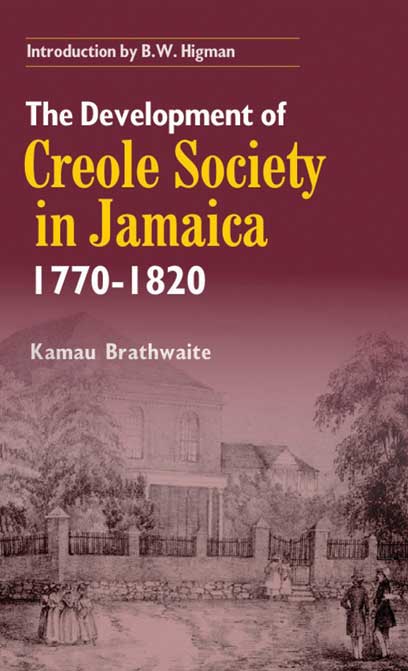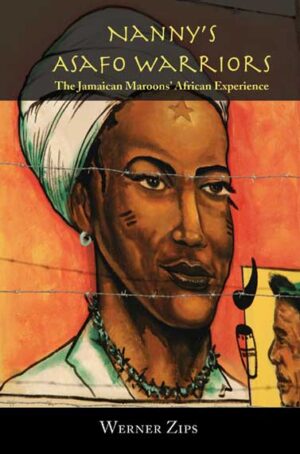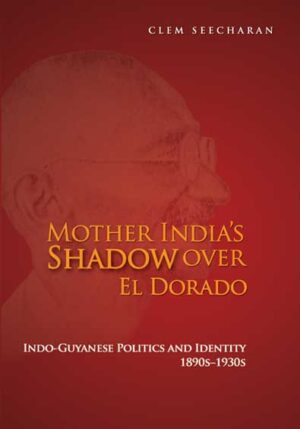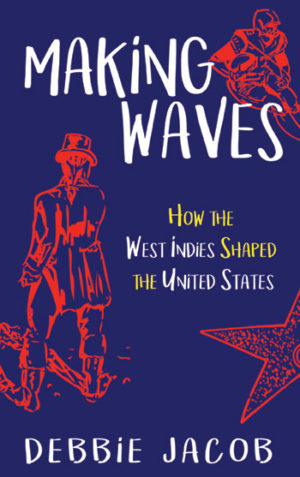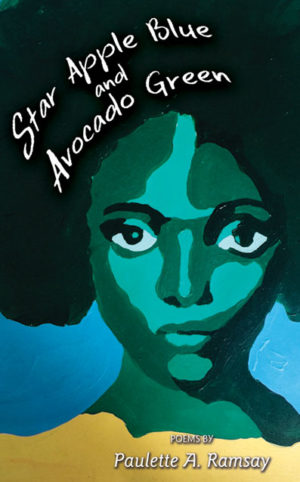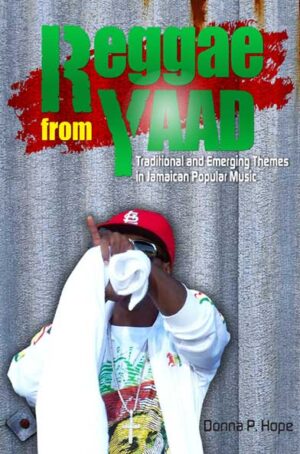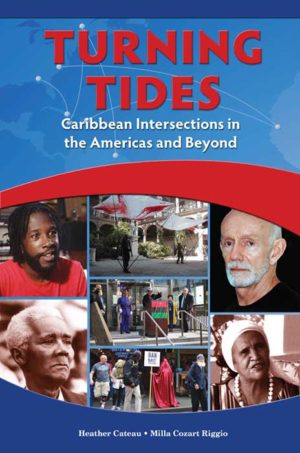Description
The Development of Creole Society in Jamaica is a classic work, important to the construction of the idea of creolization, a concept which stands side by side with globalization as a social, cultural and economic force.
This book is a study in the depth of a colonial ‘plantation’ during fifty critical years of slavery in the Caribbean. As the title suggests however, it is not concerned with slavery exclusively, but with a social entity of which slavery was a significant part. Brathwaite argues that the people – from Britain and West Africa, mainly – who settled, lived and worked in Jamaica, contributed to the formation of a society which developed its own distinctive character – creole society. This society developed institutions, customs and attitudes which were basically the result of the interaction between its two main elements, the African and European. But this creole society was also part of a wider American or New World culture complex, and as such, it was also shaped by the pressures upon it of British and European mercantilism, and the American, French, and Humanitarian Revolutions.
About the Author
Kamau Brathwaite was born in the capital city of Barbados, Bridgetown on May 11, 1930. Brathwaite stands as the most recognizable symbol of Barbados literature. Unlike many of his peers Brathwaite maintains strong ties with the community of the West Indies (especially in the realm of education). First as a student, he attended Harrison College (Barbados) before traveling to England to get an honors B.A. (1953) at Pembroke College, Cambridge, where he also received a Diploma of Education in 1954.He later received his Doctorate in Philosophy from the University of Sussex (1968), but not before leaving England for a time. During this time, he worked as an education officer in the government of Ghana, and began a career with the University of the West Indies (Jamaica campus) that would last for nearly thirty years. Currently he divides time between Barbados and New York City, where he is affiliated with New York University. Brathwaite gained fame primarily for his poetry, despite a wealth of nonfiction and critical publications. His poetry typically explores the root of the West Indian soul, tracing historical links and events that have contributed to the development of the black population in the Caribbean. In such poems as Rights of Passage, he takes his readers on a journey through time and space, recreating the settings and voices that Caribbean people (and other former Africans) experienced.
Contents
Introduction – B.W. Higman
Preface
List of Maps
Introduction
Part One – The Establishment
- Background
- Political and Social Institutions (1)
- Political and Social Institutions (2)
- The Assembly
Part Two – Jamaican and the American Revolution
- The American Connection
- Political Ideas
- A Creole Economy
- Jamaica: Colonial or Creole?
Part Three – The Society
- Whites
- Other Whites
- Blacks
- The (Free) People of Colour
- Attitudes of Whites to Non-Whites
- Coloured and Black Action and Reaction in White Society
- The ‘Folk’ Culture of the Slaves
Part Four – Social Change
- The Humanitarian Revolution
- (White) Social Activity (1)
- (White) Social Activity (2)
- Creolization
- Conclusion


